Delivering Justice, Rigorously. SDG 16.3 Trend Report
- A guide to people-centred justice programming -
How can people-centred justice get implemented? What are the costs and benefits of resolving people’s justice problems? Our latest Trends report examines how to programme people-centred justice services with a lasting impact thoughtfully.
Publications
People’s justice needs have become more urgent than ever. Even before COVID-19 and the economic slowdown caused by the pandemic, legal systems and institutions worldwide struggled to address people’s justice concerns. Nonetheless, justice systems will influence how societies rebound from the pandemic. At HiiL, we have witnessed innovation and the advancement of the justice sector. At HiiL, we call these change agents – including individuals, services, tools and new platforms – ‘Gamechangers.’” – Sam Muller, CEO at HiiL
COVID-19 and the ensuing economic crisis have exposed justice sector inadequacies in societies around the globe. Improving access to justice and increasing the delivery of justice services demands a shift in thinking. As countries and the global community emerge from the pandemic, justice sectors must (re)create opportunities for people to participate fully in their societies and economies. Addressing these concerns and envisioning a path forward is the subject of HiiL’s 2022 Trend report, Delivering Justice Rigorously.
This report:
- Shows how justice practitioners, and those seeking access to justice, have introduced and developed better treatments leading to better justice outcomes.
- Shows how innovating courts and legal services can support solutions that resolve justice problems to improve people’s lives, i.e. developing better service delivery models.
- Offers justice leaders ways to improve the enabling environment and encourages practical innovations to laws, regulations, and financial support.
- Guides police, judges, lawyers, mediators, prosecutors and other justice workers eager to learn, apply and monitor treatments that promote outcomes and continuously support methods improvements.
- Presents case studies to illustrate how game-changing justice innovation relies on coordination.
- Highlights requirements for effective leadership to emphasise new skills, relationships, and pathways that ensure equal access to justice for all.
When injustices occur, people need effective redress. This report describes how people-centred justice services can be programmed systematically. It is written for ‘justice reform task forces’ – increasingly the guardians of the way justice gets delivered. These include commissions, justice leaders and private initiatives asserting ownership for the availability of high-quality justice services.” – Maurits Barendrecht, Director of Research & Development
